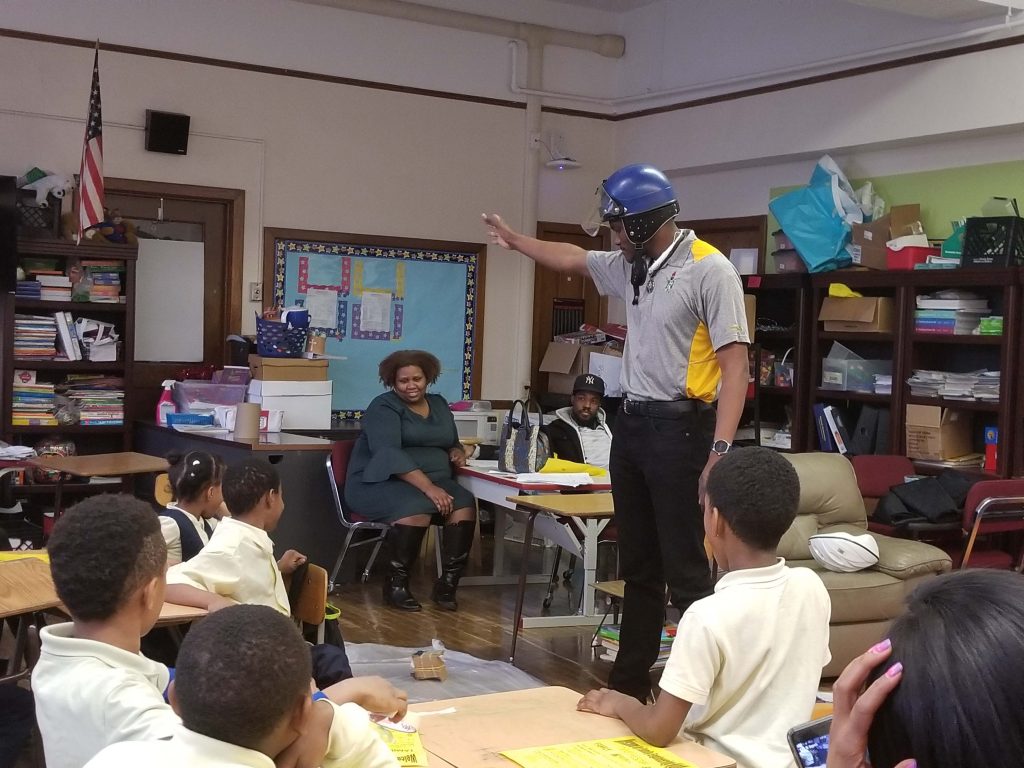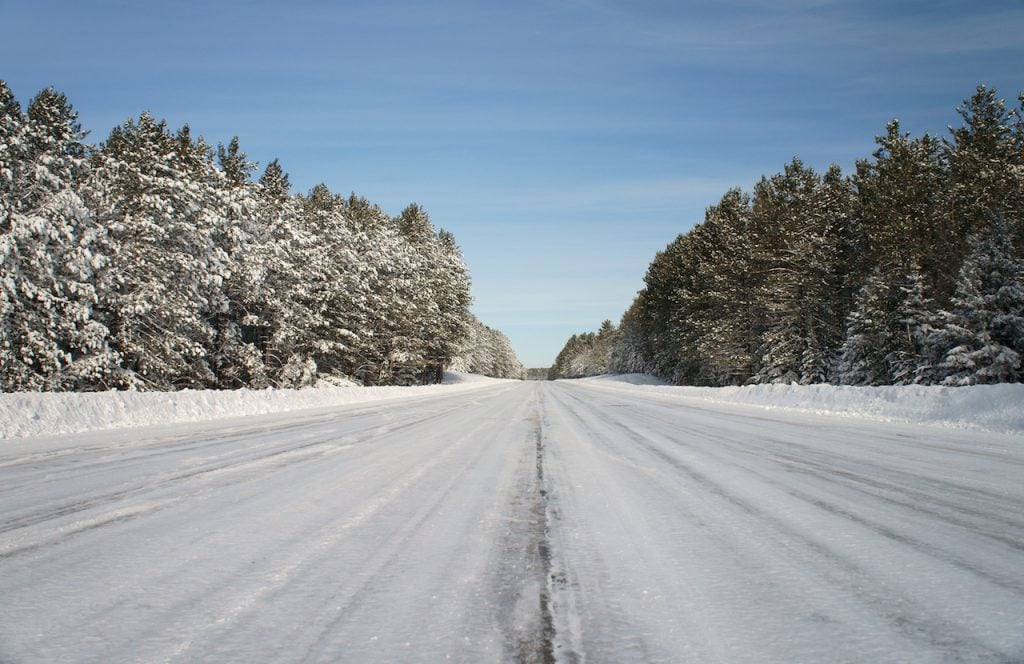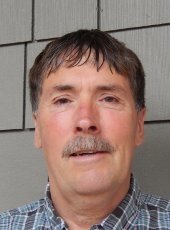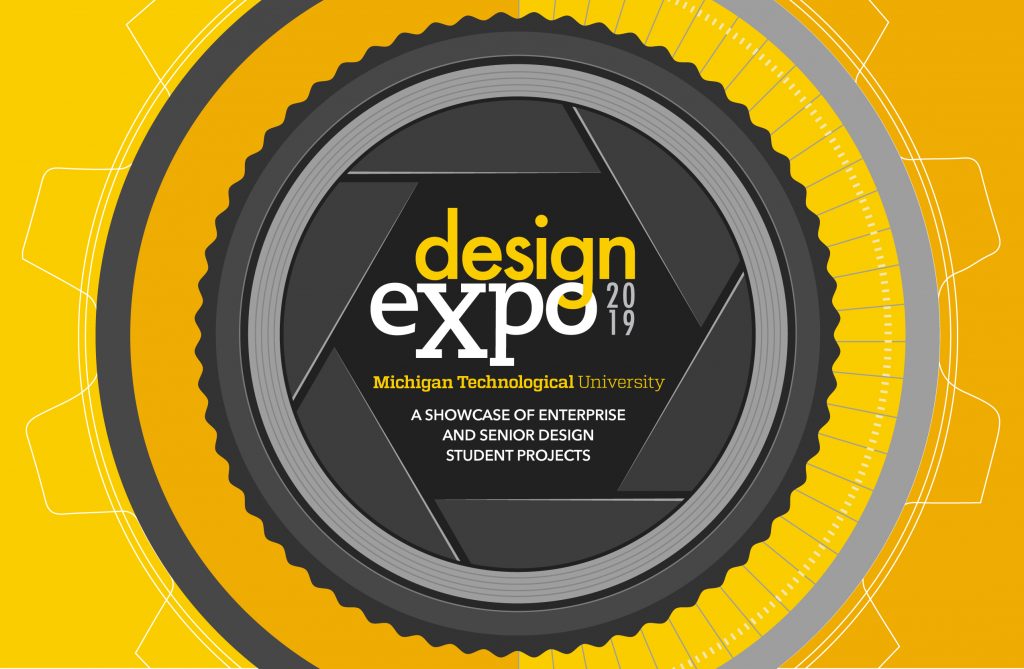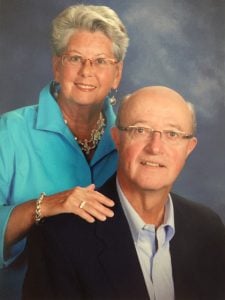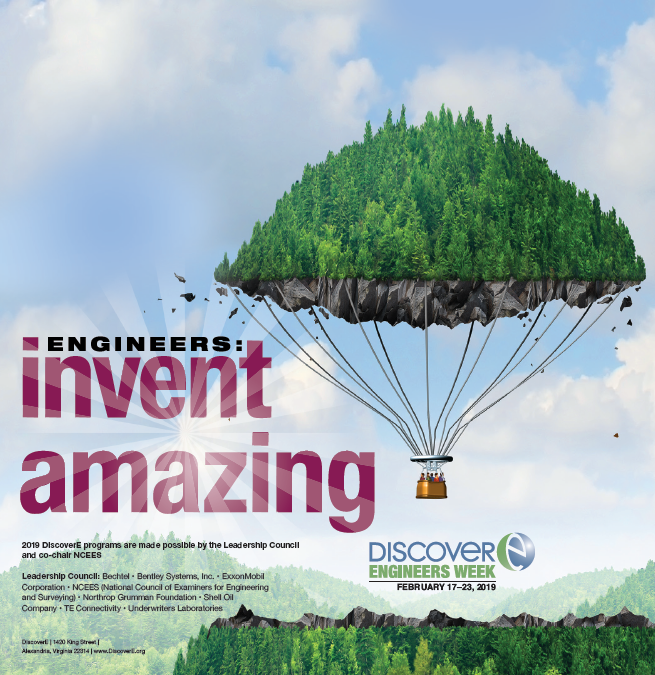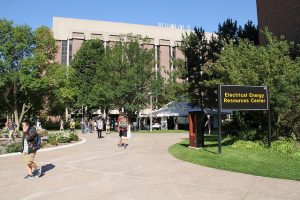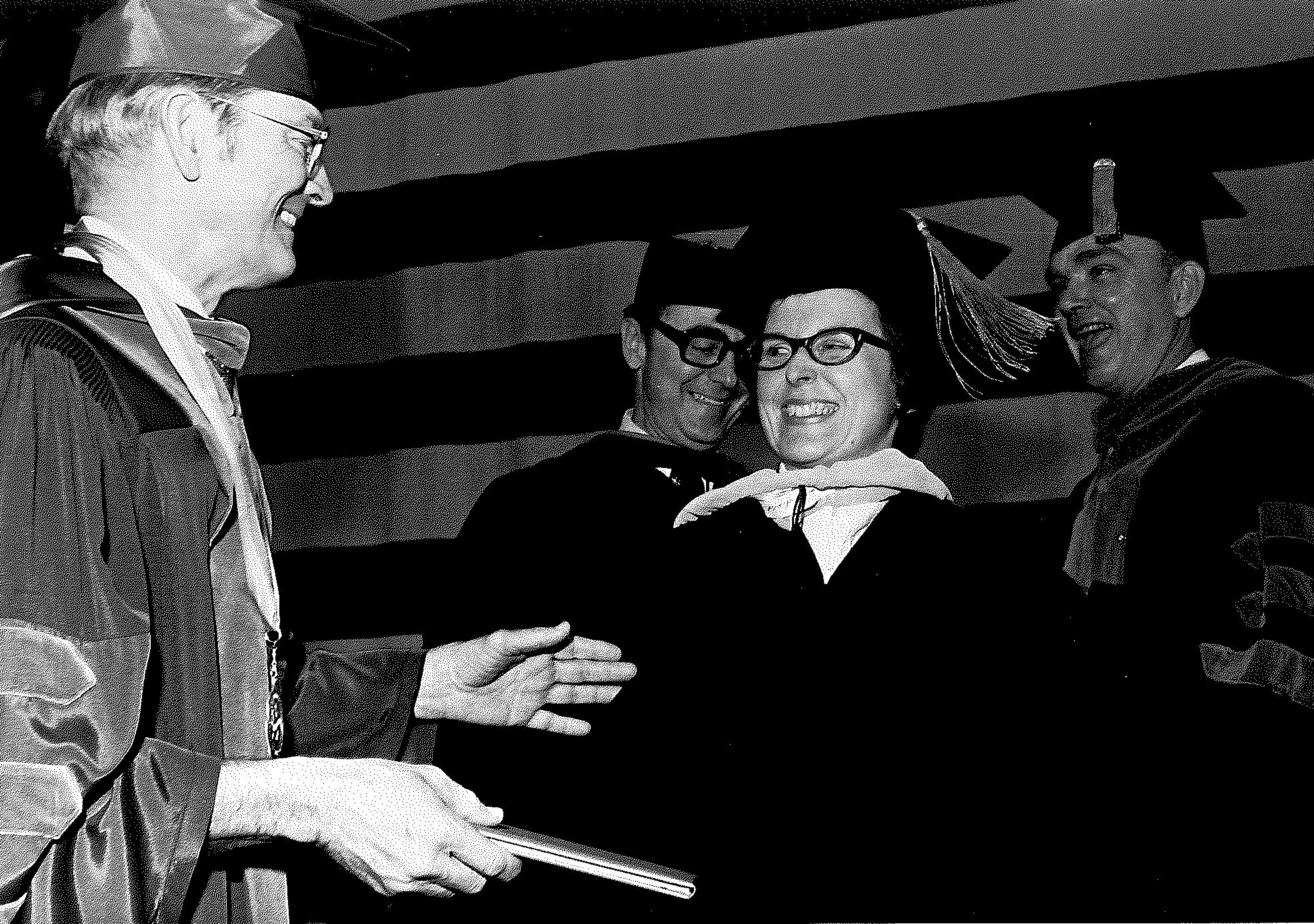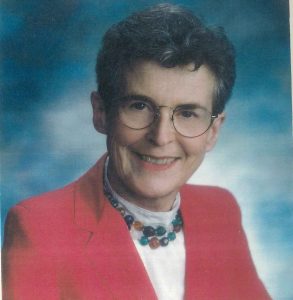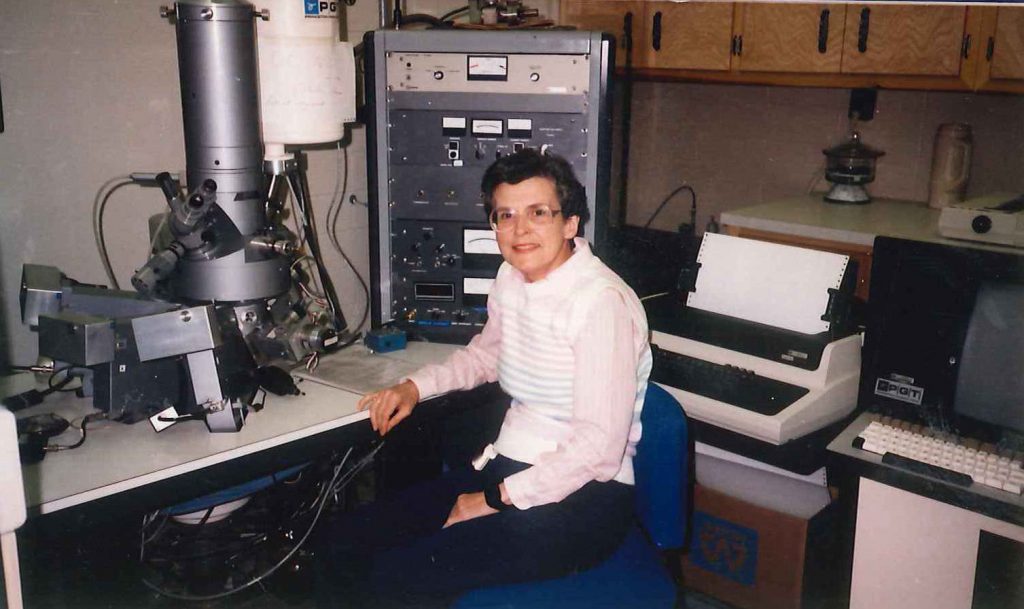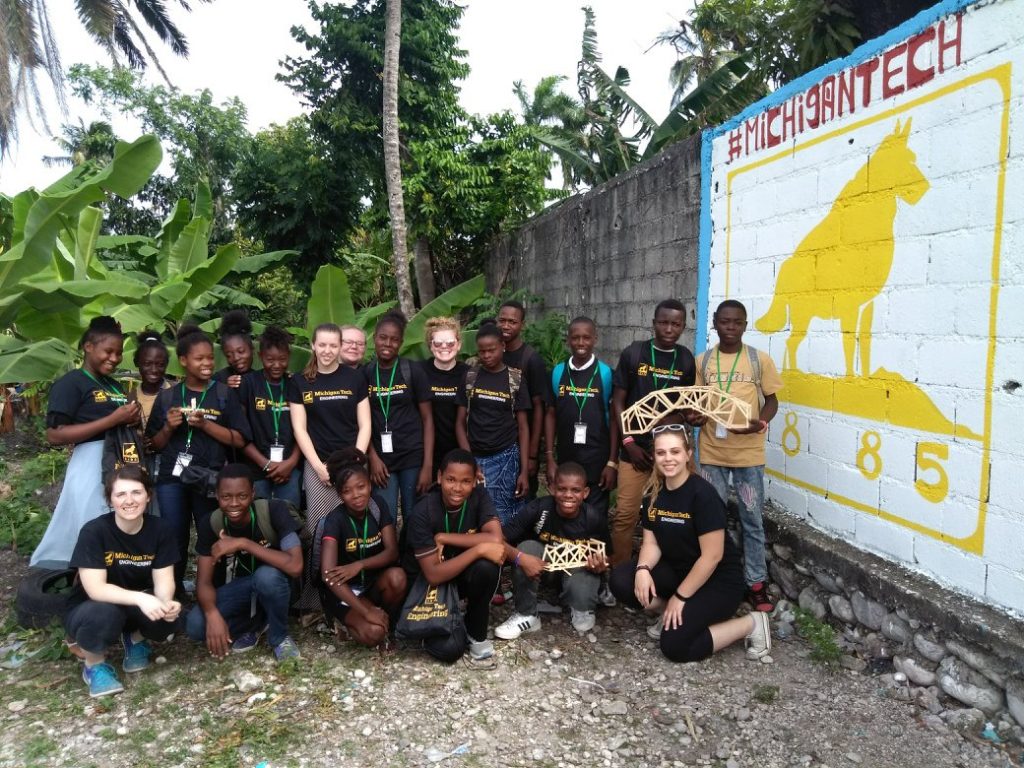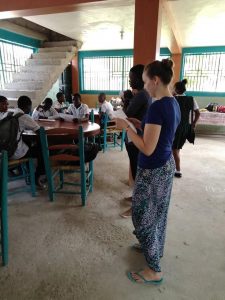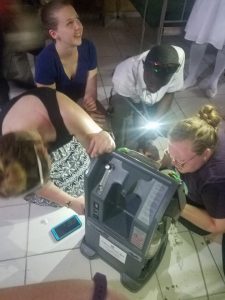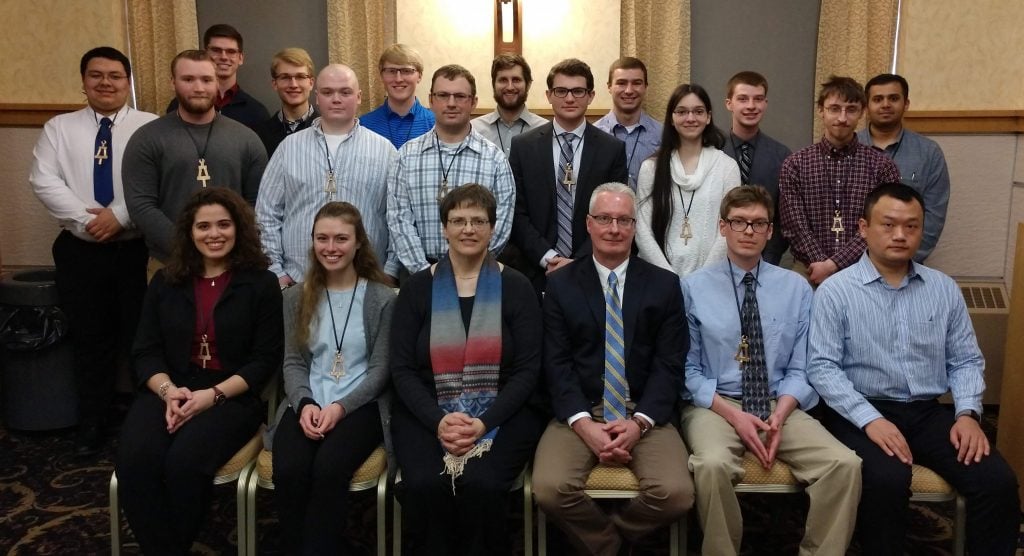
Tau Beta Pi initiated eighteen students and two eminent engineers into the Michigan Tech Michigan Beta chapter this semester.
A nationally-recognized engineering honor society, Tau Beta Pi is the only one that recognizes all engineering professions. Members are selected from the top eighth of their junior class, top fifth of their senior class, or the top fifth of graduate students who have completed 50 percent of their coursework.
Tau Beta Pi celebrates those who have distinguished scholarship and exemplary character and members strive to maintain integrity and excellence in engineering. The honor is nationally recognized in both academic and professional settings. Alumni embody the principle of TBP: “Integrity and Excellence in Engineering.”
Spring 2019 Initiates:
Undergraduate Students
David Castelvetere: Mechanical Engineering
Laura De Marchi: Biomedical Engineering
Lucas Determan: Computer Engineering
Brooke Forseth: Civil Engineering
Dakota Frohriep: Electrical Engineering
Zachrey Gogulski: Environmental Engineering
Ben Johnson: Mechanical Engineering
Sean Luke: Mechanical Engineering
Nate Marus: Biomedical Engineering
Josh Poquette: Electrical Engineering
Cameron Reid: Chemical Engineering
Erican Santiago: Biomedical Engineering
Christian Walters: Mechanical Engineering
Jason Whitler: Mechanical Engineering
Derek Willis: Mechanical Engineering
Bronson Wood: Chemical Engineering
Graduate Students
Chaitanya Bhat: Civil and Environmental Engineering
Li Wei: Electrical Engineering
Eminent Engineers
Sean Kirkpatrick: Biomedical Engineering
Faith Morrison: Chemical Engineering

